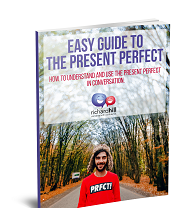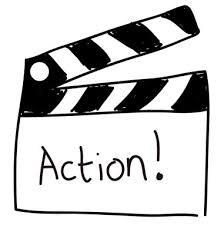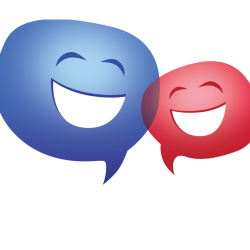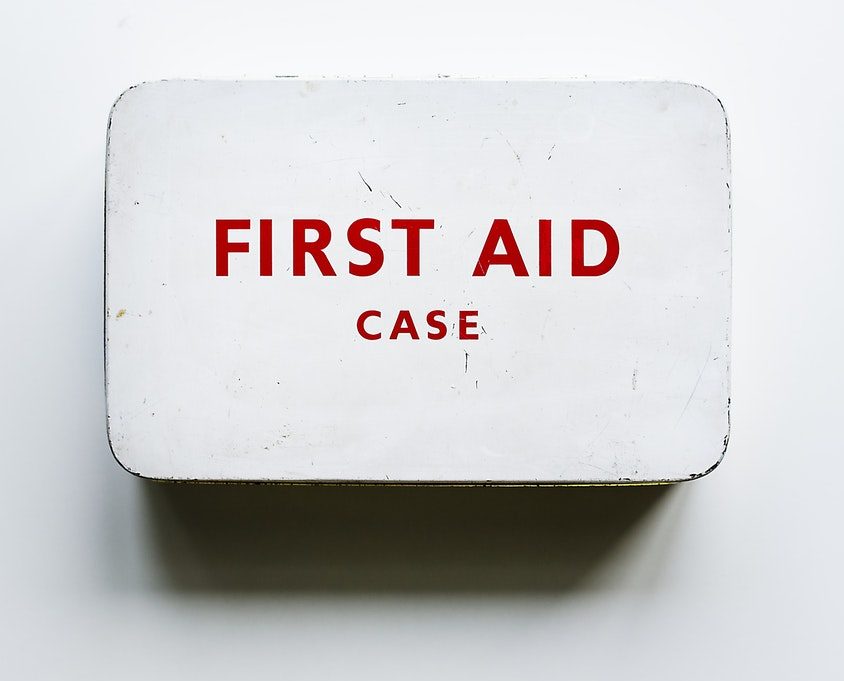This is an updated version of my Almost Everything You Need to Learn English post from 2017.

Today I am going to tell you what have I learnt (or learned) about the best ways to learn English (or any foreign language). For the last five and a half years I have been living in the Czech Republic, helping Czechs and Slovaks to learn English. Mainly, I have focussed on spoken English because my clients want to improve their speaking and there is no better way to do that than to simply speak. Or is there?
Here is a vocabulary list of the words in bold and their English definitions
During these last six years, I have learnt a huge amount about how to teach and how we learn. It is my intention, over the next few weeks, to tell you just what I have learnt and to go in-depth into each of the ideas. Today I will give you an overview of what to look forward to in the coming weeks and it is my hope that you can use this information to create some kind of personal plan for learning. First things first, have you read my introduction to Speaking Better English? Great, so now let’s take a look at the main areas I want to focus on…
Motivation
Before you even start to learn English, you need to have motivation, a reason for learning. This could be as simple as wanting to take a holiday in a foreign country, where you know English will be indispensable, or it could be because you want a new job and English is a prerequisite for getting the position. If you have a solid reason for learning it can help motivate you to learn. If you are studying English because your boss told you to, I recommend you find some real motivation to spur you on and give you a reason to learn English. To continue reading more about how to motivate yourself, click here.
Goals
Having difficult but attainable goals will also spur you on. Long-term goals are good but you also need more short and medium-term goals, which, when you achieve them, will give you a boost and show you that you are making progress. I suggest even making goals for each learning session and gamifying the tasks you have. Then there’s the Pomodoro technique. You can read more about that and other goal-setting ideas here.
 Habits
Habits
Decide to have good habits. That is a choice you must make; to practise regularly and frequently. You simply must make time and prioritize your English. It doesn’t have to be THE most important thing in your life but it must have a prominent place. More on habits here. To get into the habit of improving your English regularly get my FREE English Habit Blueprint here.
Repetition and Review
I know this is one of the 150 year old schooling methods that I mentioned earlier but it does have it place within an ultimate learning method. There are two reasons why it has remained the mainstay of the mainstream school and that is primarily through laziness/conservativeness of the school system in general but secondly, because it does work as a way of fixing information in your memory. A future blog post will go into more detail on the pros and cons of how you can utilize this technique.
Confidence
Build your confidence right from the start. There are numerous ways you can do this, even if you are a really shy person or someone who is ashamed of their level of English. One quick tip for you today is to make a list of all the words you can find that are the same or similar in Czech and English. You immediately then have a ‘go to’ vocabulary. Start using these words as often as possible to send your brain the message that these words are OK! You can meet with a native speaker, read books and watch videos/TV/films; label everything in your home or office; Take risks and get out of your comfort zone. Take a holiday in a native speaking country and use what you know. Read more about confidence in speaking English here.
Make Mistakes
I am always telling people to STOP APOLOGIZING when they make a mistake. This is a terrible learned habit from your childhood when you were chastised for your errors by your parents and teachers. You were only trying to answer a question or do some task and because you got it wrong they shouted, scolded, punished, restricted, and withheld. It is difficult to overcome these feelings but it is possible. Visualization is the key, more on that later. Basically, be able to laugh at yourself when you make mistakes. Make mistakes your friend. RELAX, it’s OK, but DO LEARN FROM THEM. I also have a video course to help Czechs and Slovaks correct some of the most common mistakes they make when speaking English.
Grammar (Oh no!)
Don’t learn English grammar in the traditional way (unless you’re a polyglot and find it easy), use my Faster Grammar For Speaking method. I will explain more about this is a later post but essentially it is a mixed tense way of learning that focuses firstly on the grammar you need to speak about yourself. This is a system I have been developing for some time and I hope will be a massive help to anyone who considers themself a false beginner. For those of you who are struggling with the Present Perfect tense here is a little freebie for you. Just fill in your name and email address and I’ll send you the Easy Guide to the Present Perfect ASAP.

Visualization
Without doubt, the biggest elephant in the room that the education system, the world over, is ignoring. Visualization is the best way to remember vocabulary, full stop (or period if you want to speak American English)
Learning Styles
I have written and spoken many times on the subject of learning styles and thankfully it is something that is creeping into education systems. Using as many learning styles as possible and finding your most prominent learning style will increase your learning effectiveness. I will write more on this later but for now, you can check out this older post of mine which will give you a basic understanding of what learning styles are for the uninitiated.
Listen
Unfortunately, I find this to be the one area most neglected by Czech and Slovak English learners. You should try to listen to native speakers as much as possible. Radio, TV, films, podcasts, music, documentaries, and real people. If you are lucky enough to live in Prague you have an unending supply of native speakers. Teachers of course, but also on the streets, in the pubs, restaurants, shops, and cafes. Get out there and listen.
 Immediate Action
Immediate Action
When a word randomly comes into your mind, immediately (or as quickly as possible) find out its meaning, write it down, and visualize it. Start using your new words in your writing and in conversation frequently to fix them in your vocabulary.
Ask for Help
When you don’t understand something, write it down and ask your English teacher/helper to explain it. If you have no one, find someone or at least try to find some advice on YouTube.
Learn English language online with a personal native teacher! Register to italki now.
Get Creative with Your Notes
Write down anything interesting you find in English, new nouns, verbs, phrases, grammar rules, idioms, expressions, or just interesting facts in English. But don’t stop at just writing in the usual boring (school-taught) note-taking way. Get creative with your notes. Fill the page with your own drawings, cartooning the vocabulary and using different font styles, shapes and sizes.
Copy What You Hear
Imitate what you hear. Copy the speaker instead of just pronouncing words as you read them. If you really want to have something like a native speaker’s accent you need to copy what you hear. Don’t just say things the way they’re written or the way you learned them, listen to how a native speaker says it. Be consistent with your pronunciation though and choose a particular accent rather than mixing and matching because this will lead to misunderstandings for sure. There exists an idea of a generic or stereotypical British and American accent when there really is no such thing. Both countries have a multitude of different accents. If you are interested here’s a funny picture

Next week I will expand upon motivation to learn English and try to help you find yours and give you actionable steps to find it.
Do you have a plan for learning? A method? A system? Tell me how you learn English in the comments below.







 My Opinion
My Opinion Ne bude lepšit bez zkoušení. Nevadí jak špatně vás Angličký jazýk, většinu rodilý mluvčí vy pomoc s trpělivostem.
Ne bude lepšit bez zkoušení. Nevadí jak špatně vás Angličký jazýk, většinu rodilý mluvčí vy pomoc s trpělivostem.



